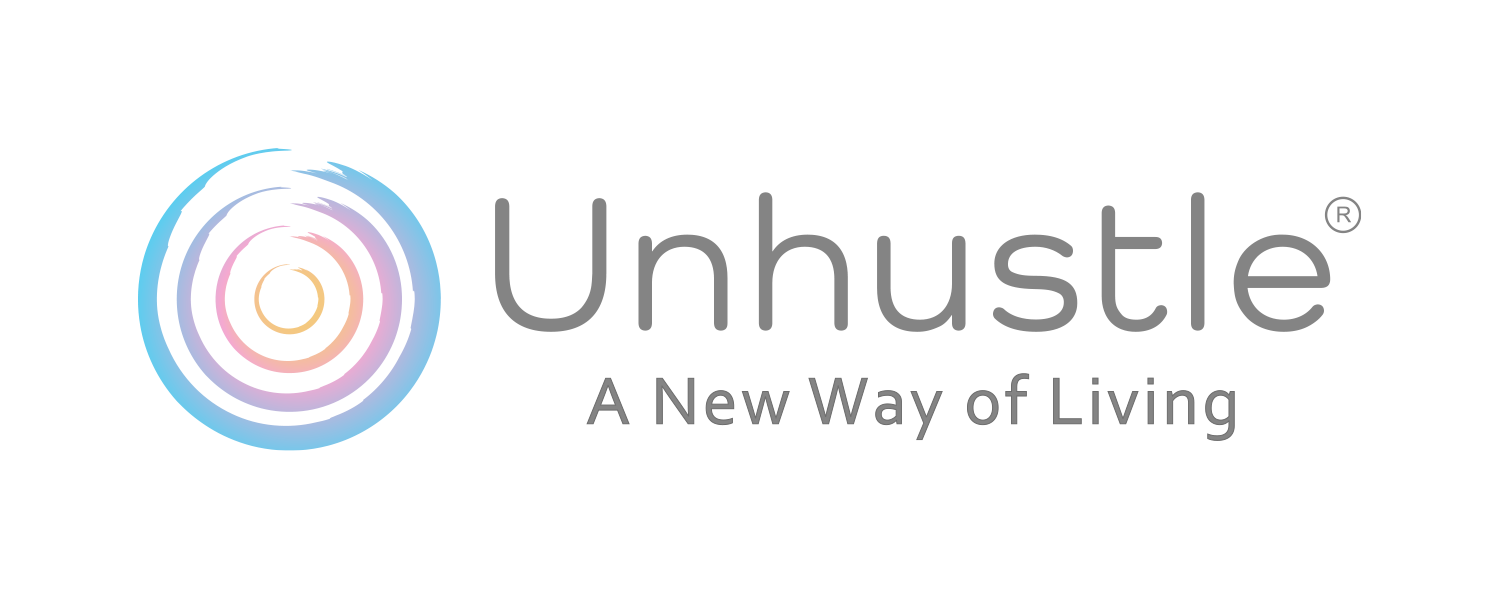The neuroscience behind why sleep is critical to your well-being and performance
We all know that sleep is good for us, but we continue to sacrifice sleep for work. Do you ever lay wide awake at night, unable to sleep, too wired from the day? Have a hard time falling asleep? I know I do. Some days are better than others, but I still struggle. I may not be a sleep expert, but Matthew Walker is. Professor of Neuroscience and Psychology at the University of California, Berkeley, and Founder and Director of the Center for Human Sleep Science, and author of the book “Why We Sleep,” he’s been researching sleep for more than 20 years. So, I trust what he says.
Why Daylight Savings is messing with you
Matthew argues that we have the best sleep study happening twice a year, including 1.6 billion people across 70 countries. It’s called Daylight Savings. It has become evident that the day after Spring Daylight Savings, there’s a 24% increase in heart attacks. In Fall, when we get an hour of extra sleep, there’s a 21% decrease in heart attacks. Also, suicide rates and even harshness of court orders have been known to differ based on this one hour of sleep difference. Pay extra attention to your sleep when we change time in Spring.
The Sleep Pandemic
The National Sleep Foundation recommends an average of eight hours of sleep per night for adults, but sleep scientist Matthew Walker says that too many people fall short of the mark.
“Human beings are the only species that deliberately deprive themselves of sleep for no apparent gain,” Walker says. “Many people walk through their lives in an underslept state, not realizing it.”
With one out of 3 people not getting enough sleep, Matthew calls sleep “the elixir of life” and the “swiss army knife of health.” With 70% of Americans who have insomnia at least once a month, insufficient sleep is considered a public health epidemic. It predominantly affects people in the business world, with roughly half of all U.S. CEOs suffering.
Sleep is critical to your brain and body performance
When we sleep, our bodies have a chance to get out of fight or flight state into a rest state, also called the quiescent phase. Improving your sleep is the first thing you can do to live a healthier life, improve your brain function, balance your hormones, protect your heart, fight fat, and boost your longevity. It’s the best health insurance you can ask for. When you are in a dream state, your brain still processes emotions, memories, and challenges and softens up the sharp edges while gives you creative solutions you may not have thought of. Sleep is the most powerful health and performance enhancer known to humankind.
Sleep can impair your productivity and cost you money
If you’ve been awake for more than 17 hours, it has the equivalent impact of our ability to focus as having the blood alcohol level of 0.05%, which is the legal limit. Fatigue-related productivity losses were estimated to cost $1967/employee annually.
You won’t show up to work drunk (well, maybe you do). Then, why do you show up sleep-deprived? Neuroscience shows that lack of sleep negatively affects your focus, attention, working memory, and vigilance. It undermines your performance. Your lack of sleep puts you in a bad mood too. Only one night of sleep deprivation affects your flow experience and subjective well-being.
What to do when you can’t sleep
If you can’t sleep, go to another room and read a book until you get sleepy. Just stay away from devices. This way, you are training your brain that your bed is for sleep, says Matthew Walker.
Can you catch up on sleep on the weekend?
No. You can sleep longer, but that will only mess up your next night’s sleep. Sleep is not a bank. You can’t catch up on it.
Tech devices and sleep
Turning off your tech devices and dimming the lights has a lot to do with the quality of your sleep. What makes you sleepy at night is called Suprachiasmatic Nucleus (SCN), which is regulated by melatonin, the hormone that makes you sleepy. To help your melatonin function, minimize artificial lights at night and increase exposure to daylight.
How sunlight affects your sleep
Getting out of the office during the day or your house to get daylight will help too. And this is where getting sunlight to your face and body in the morning will help your body produce melatonin at night. An easy ritual that can help you get a healthy dose of sleep. Studies show that you can release melatonin 1 and ½ – 2 hours earlier by making this small change. Get outside for at least 10 min in the morning to synchronize your body clock, your circadian rhythm. This means you’ll be able to fall asleep easier when the night comes. I cover this ritual and some more sleep hygiene practices in the Unhustle Morning program.
Work with your body clock, not against it
Have you heard of Chronotypes? It turns out, we are all genetically programmed to have a certain chronotype – whether you an early morning person or a night owl has a lot to do with your genes. I found out that I’m a bear meaning my best time to sleep is 10 pm – 7 am. You can find your chronotype online using one of the free quizzes and start using your biology to work for you, not against you. Knowing this for your team may help you decide when to schedule your meetings and when to leave people alone.
Sleep is critical if you want to improve well-being, focus better, and accomplish more during the day. Knowing all this has made me more careful about protecting my sleep and making sure I get enough. It’s an ongoing journey, but I’ve gone a long way from staring at my phone in bed for hours.
